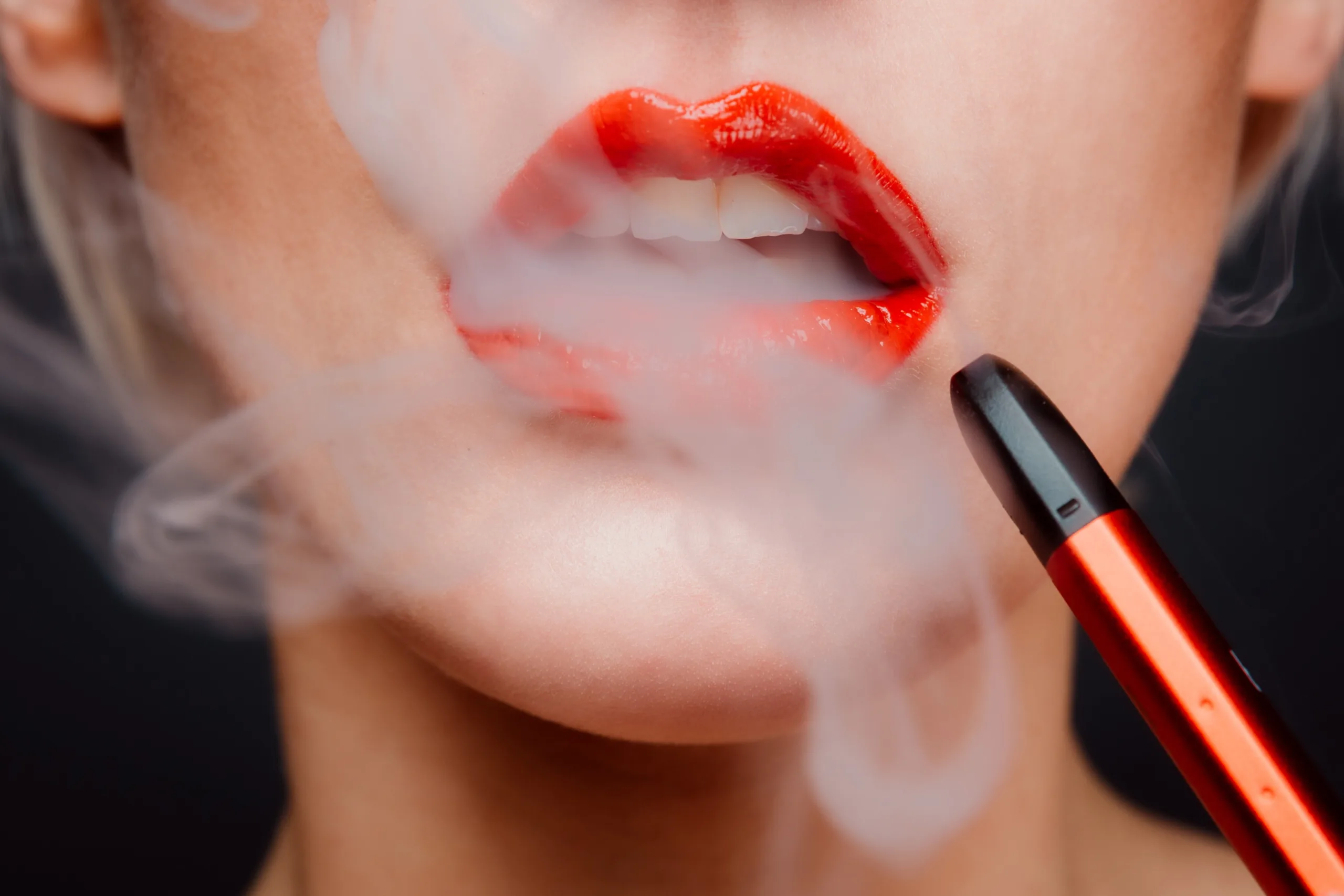The Impact of Vaping on Dental Health: A Comprehensive Guide

Introduction:
Vaping has gained significant popularity in recent years as an alternative to traditional smoking. While many individuals perceive vaping as a less harmful habit, it is crucial to understand the potential risks associated with this trend. In this article, we will delve into the effects of vaping on dental health and explore how it can negatively impact our teeth.
- The Basics of Vaping:
Vaping involves inhaling and exhaling aerosol, commonly known as vapor, produced by an electronic cigarette or similar device. The vapor is typically created by heating a liquid that often contains nicotine, flavorings, and other chemicals.
- Dry Mouth and Oral Hygiene:
One of the primary concerns associated with vaping is the development of dry mouth. The chemical compounds present in e-cigarette liquids can reduce saliva production, leading to a dry oral environment. Saliva plays a crucial role in maintaining oral health by neutralizing acids, washing away food particles, and protecting tooth enamel. When the mouth becomes dry, the risk of dental issues such as cavities, gum disease, and bad breath significantly increases.
- Nicotine and Gum Health:
Nicotine, a highly addictive substance present in many vaping liquids, has negative effects on gum health. It constricts blood vessels, reducing the supply of oxygen and vital nutrients to the gums. This impaired blood flow can weaken gum tissue, making it more susceptible to infections and causing gum recession. Receding gums expose the sensitive roots of teeth, leading to tooth sensitivity, increased risk of tooth decay, and potential tooth loss.
- Chemicals and Tooth Enamel Erosion:
The flavorings and other chemicals used in e-cigarette liquids can also harm tooth enamel. Tooth enamel is the outermost protective layer of the teeth, shielding them from decay and sensitivity. However, some of the chemicals present in vaping liquids can gradually erode this enamel, leaving teeth vulnerable to cavities, staining, and increased sensitivity.
- Staining and Discoloration:
Vaping can also contribute to the discoloration and staining of teeth. The nicotine and tar present in e-cigarettes can cause yellowing or browning of tooth enamel over time. Additionally, some flavorings used in vaping liquids may contain pigments that can adhere to teeth, leading to unsightly stains.
- Impact on Healing and Dental Procedures:
Vaping can hinder the healing process after dental procedures such as tooth extractions or oral surgeries. The chemicals in e-cigarettes can delay or impede the body’s ability to heal, increasing the risk of complications and prolonging recovery time. It is essential to inform your dentist about your vaping habits before undergoing any dental treatment.
Conclusion:
While vaping may appear to be a safer alternative to traditional smoking, it is crucial to acknowledge the potential risks it poses to dental health. From dry mouth and gum disease to tooth enamel erosion and staining, vaping can have adverse effects on teeth and gums. To maintain optimal oral health, it is advisable to reduce or quit vaping altogether and practice good oral hygiene habits such as regular brushing, flossing, and professional dental check-ups. By prioritizing your dental health, you can ensure a beautiful smile that lasts a lifetime.

